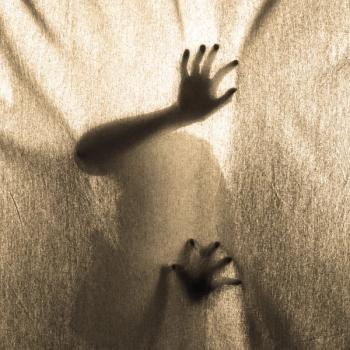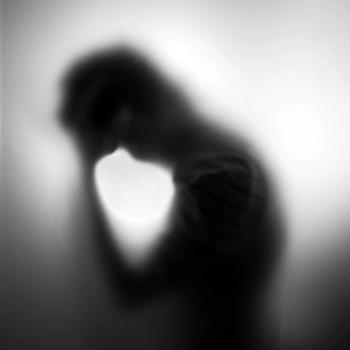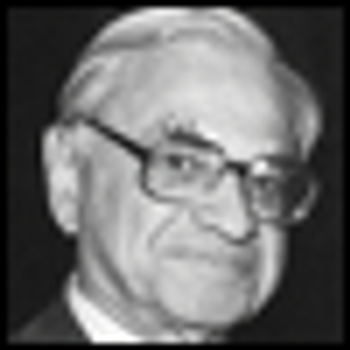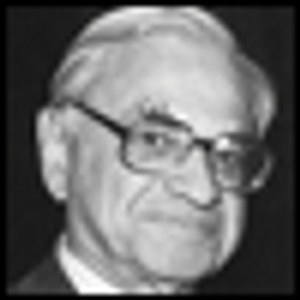
ECT has been found effective in mitigating the deleterious consequences of SIB.

ECT has been found effective in mitigating the deleterious consequences of SIB.

For ethical and economic reasons, when patients are acutely ill with catatonia and melancholia, ECT is best considered sooner rather than later.

A reexamination of flurothyl infusions holds promise for improved resolution of severe mood disorders, as well as for a greater understanding of the mechanism of their pathophysiology.

The articles by Arline Kaplan and Hagop Akiskal, MD, in the November 2011 issue of Psychiatric Times highlight the race to patent bio-tests for schizophrenia and depression.

Alfred Freedman was an eminent psychiatric educator, a leader of his profession, and a man willing to challenge public prejudice. He was also one of my closest friends.

Despite these divergent books, it is important to avoid characterizing ECT as controversial. The Shorter-Healy and Dukakis books should dampen the controversy, because they characterize ECT as a safe, effective, and important treatment that psychiatry almost forgot. With its emotion-laden accusations and name-calling, the Andre book will inflame opinions.

In “Changes in Psychiatric Diagnosis” (Psychiatric Times, November 2008, page 14) Michael First relates the sad fact that the reorganization of DSM is still without formal guidelines and continues to be subject to the vicissitudes of groupthink and vocal constituencies. He relates that he and Allen Frances envisioned the application of biologically based diagnostic criteria when summarizing the work of DSM-IV, but complains that no criteria are forthcoming as yet.

Evidence-based medicine (EBM) is rapidly becoming the norm. It is taught in medical schools and is encouraged by both government agencies and insurance plan providers. Yet, there is little proof that this model can be adapted to fit psychiatry.

Early relapse is a limiting defect in electroconvulsive therapy (ECT). Although more than 80% of patients with a severe depressive illness who complete an acute course of ECT are relieved within three weeks, up to 60% relapse within six months, despite continuation treatments with antidepressant medications.1,2 In a large, government-supported, collaborative study led by the Columbia University Consortium (CUC), patients with unipolar major depression that had failed to respond to multiple trials of medications were treated with ECT to clinical remission and then randomly assigned to one of three continuation treatments--placebo, nortriptyline (Aventyl, Pamelor) alone, or the combination of nortriptyline and lithium (Eskalith, Lithobid). The patients were monitored for adequacy of blood levels.1 Within the six-month follow-up period, 84% of patients treated with placebo, 60% of patients treated with nortriptyline, and 39% of patients treated with the combination medications had relapsed.

Grand mal convulsive seizures are characterized by the sudden loss of consciousness and motor inhibition, followed by tonic flexion and extension, repetitive clonic movements, and motor relaxation and lassitude. Seizures are elicited in all vertebrates that have been tested. The loss of both vigilance and the defenses of fight or flight incur life-threatening risks to the individual. In evolutionary history, we would expect this behavior to be extinguished. Its persistence prompts the query: What are the benefits of seizures?

Surveys of ECT use in the United Statesshow disparate applications, with theprincipal use in academic medical centers.While more than half the treatmentsare given to outpatients, wholepopulations are underserved.

Complaints of persistent memory loss in otherwise well-functioning individuals after recovery from a psychiatric illness through electroconvulsive therapy (ECT) are best viewed as a conversion reaction or a somatoform disorder. The Camelford experience is a model for the complaints of ECT's profound personal memory losses.

An appreciation of melancholia as the principal definable mood disorderoffers a better guide to diagnosis and treatment than does DSM-identified major depression.

Is there a difference between bifrontal, bitemporal and right unilateral? In addition to talking about other research into optimal strength and electrode placement, Max Fink, M.D., outlines some of his own ongoing research.

For over 50 years we clinicians have administered electroconvulsive therapy with little to guide us in deciding whether or not a particular induced seizure is an effective treatment. At first we thought that piloerection or pupillary dilatation predicted the efficacy of a seizure, but these signs were difficult to assess and were never subjected to controlled experiments.

Published: March 19th 2014 | Updated:

Published: April 1st 2007 | Updated:

Published: August 12th 2010 | Updated:

Published: April 2nd 2008 | Updated:

Published: June 9th 2009 | Updated:

Published: June 28th 2011 | Updated: